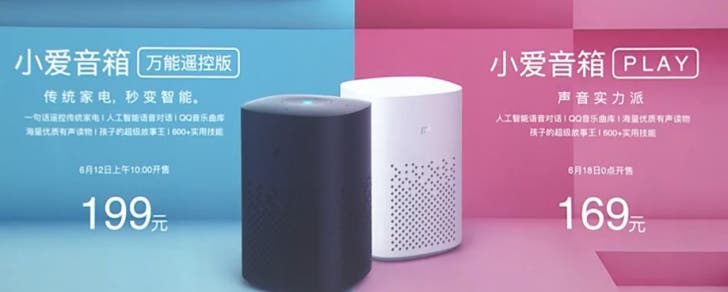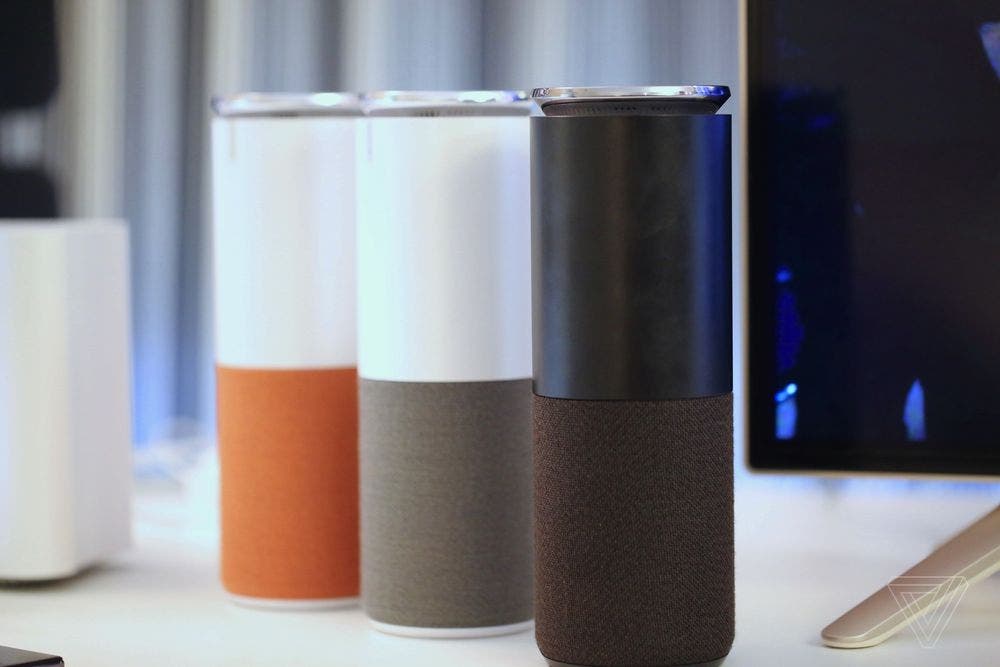Canalys believes that China’s smart assistants will be twice that of the current market leader (the US) in 2023. While smartphones will continue to be the main equipment category. It expects the number of smart assistant devices (built-in or compatible) in China to reach 5.8 billion in four years. Among them, the number of devices with built-in smart assistants will reach 2.2 billion units. This will represent a growth rate of 42% between 2018 and 2023.

Jays Low, a senior analyst at Canalys, said: “Chinese smartphone makers such as Huawei, Oppo, and Vivo are transforming their strategies. They are creating an IoT ecosystem using smart assistants, especially for homes with smart speakers and smart assistant compatible devices.”
By 2023, Chinese households will have an average of seven home appliances that are compatible with smart assistants. Other household appliances which will respond to smart assistant control will reach 3.6 billion units in four years. These appliances include air conditioners, televisions, refrigerators, door locks, smart bulbs, etc.
Canalys research analyst, Cynthia Chen, said that China’s growing middle class “is constantly pursuing a higher standard of living, and smart appliances will become an important part of their vision of an ideal home.” She believes that home appliance manufacturers such as Haier, TCL and Hisense are changing their strategies and grasping this trend early. While the US lead for now, China is swiftly catching up.
According to Canalys, China’s smart assistants built into speakers has driven the growth of smart home devices with voice control. Smartphones, smart speakers, mobile PCs, smartwatches and even smart cars all have built-in smart assistants that can execute user commands. The leading intelligent assistants in the Chinese market are Xiaodu, Tmall Elf and XiaoAI.





